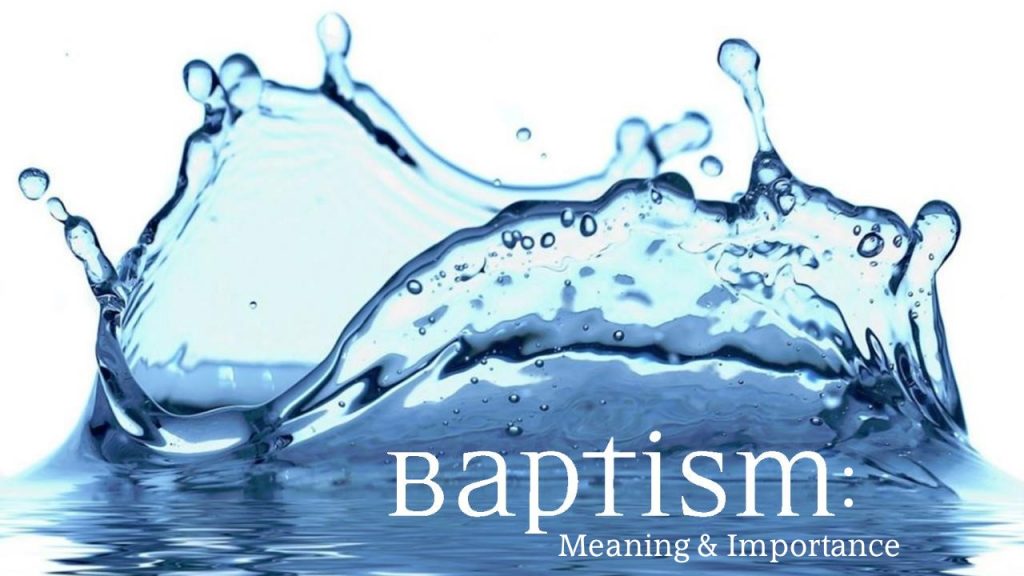“This Man has done nothing wrong”
Luke 23:41
Jesus was crucified between two criminals and by the admission of one of them, they deserved to be there (v 41). Matthew records that both criminals joined with the passersby to mock and ridicule Jesus (Matthew 27:44) but one of them had second thoughts about who Jesus is after he heard Jesus say “Father, forgive them, for they do not know what they are doing” (Luke 23:34). Both criminals would have heard this statement and recognised that Jesus was claiming deity by calling God His Father. Both heard Him pray for forgiveness for the very people who were mocking and crucifying Him. They did not feel that kind of compassion.
Matthew, Mark and John all record the notice on Jesus’ cross stating that He is Israel’s King. One of the criminals mocked Jesus’ claims to be Israel’s King and deity to by asking, “If you are the Christ, save yourself and us” (Luke 23:39). He understood the claims of both the notice on the cross and Jesus’ prayer to the Father. Sad to say, it appears his last words before he died were to mock Jesus.
The other criminal began to think more closely about
Jesus. Was it possible that Jesus really is the Son of God and Israel’s
Messiah? In the most dire of circumstances he came to the realisation that
Jesus is the Son of God and the promised King who would sit on the throne of
David forever. Because of Jesus’ words to the Father he also knew he could be
forgiven.
Significantly he called Jesus by the name “Jesus” which means Saviour. He understood that Jesus’ death on the cross would not be the end. He believed in resurrection and that Jesus is Israel’s King. He asked, “Jesus, remember me when You come into your kingdom” (v 42). He was immediately told that he would be with Jesus in “paradise” that very day. He had absolutely nothing to offer but himself on a cross condemned and about to die. He had no good works, no church membership, not even baptism but he received the Gift of God (John 1:12). He had fulfilled his part for salvation. He had acknowledged his sinfulness and hopeless situation; he had acknowledged who Jesus is and what He was doing and he appealed to Jesus for the forgiveness Jesus had just offered to those who were mocking and crucifying Him. Jesus then did His part and ever since that day this former convicted criminal has been with Jesus.
